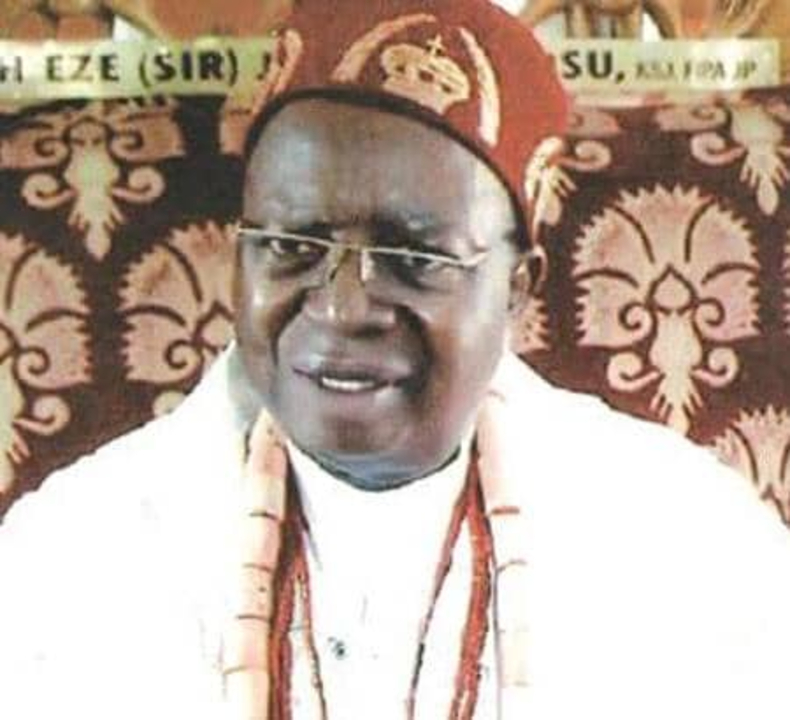Nnamdi Kanu, the leader of the Indigenous People of Biafra (IPOB), has been sentenced to life imprisonment by the Federal High Court in Abuja. The court found Kanu guilty on all seven counts of amended charges, which included committing acts of terrorism against Nigeria and its people. The trial, which began in 2015, was marked by several delays and changes in judges, with four different judges presiding over the case before its conclusion.
Kanu was first arrested in Lagos in 2015 and was subsequently arraigned before a Magistrate Court in Abuja. He was later rearraigned at the Federal High Court, Abuja, where his trial was stalled for about four years after he jumped bail and fled the country. Kanu was rearrested in Kenya in 2021 and brought back to Nigeria to continue his trial.
The federal government had called five witnesses and tendered documentary and video evidence to prove that Kanu committed acts of terrorism through his broadcasts on social media platforms. The videos included several broadcasts where Kanu issued threats to Nigerians, including the enforcement of sit-at-home orders to residents of the South-east region. The court found that Kanu’s actions amounted to acts of terrorism against Nigeria and its people, punishable under the Terrorism Prevention Act.
In delivering the judgment, Justice James Omotosho stated that the prosecution had established the ingredients of the charge against Kanu. The judge found Kanu guilty on all seven counts, including committing acts of terrorism, making broadcasts with the intention to intimidate the population, and belonging to a proscribed group. Kanu was sentenced to life imprisonment on counts one, two, four, five, and six, while he was sentenced to 20 years on count three and five years on count seven.
The court also ordered the forfeiture of a radio transmitter to the federal government. The judge noted that Kanu’s actions had caused harm to many people, especially in the South-east region, and that his sentence was intended to serve as a deterrent to others.
The conviction and sentencing of Kanu have been met with criticism from some quarters, with former Senate Minority Leader, Senator Enyinnaya Abaribe, describing the judgment as a “preconceived plot” against the South-east. Abaribe called for calm among Nigerians, especially in the South-east, and urged citizens not to resort to violence in expressing their frustration over the ruling.
The Nigerian Army has also dismissed a fake “sit-at-home” order that was circulating online, describing it as the work of criminal elements seeking to create panic and destabilize the South-east. The army assured residents that the threat held no weight and would not be allowed to disrupt peace or restrict the freedom of law-abiding citizens.



